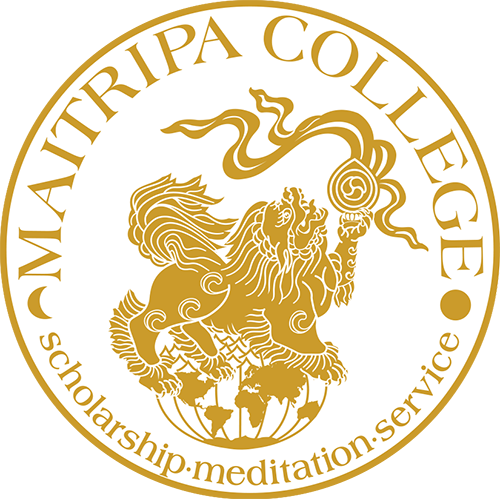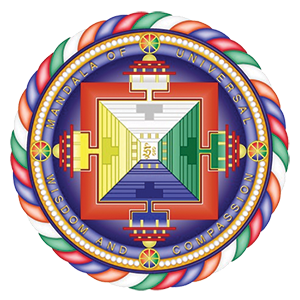(2 credits) The work of the academic study of Buddhism by contemporary scholars has offered tremendous insights into the historical and social conditions that grounded, informed, and influenced the formation of Buddhist ideas and institutions. Yet due to the academic attempt to keep an objective and scientific distance from its object of study, such scholars, many of whom are self-identified Buddhists, have traditionally been discouraged in the academy from thinking about the normative implications of these insights for modern Buddhist communities. Recent years have seen a growth of Buddhist “theological” thinking paralleling the kind of theological thinking our monotheistic counterparts have engaged in to address similar issues in their own traditions. Buddhist scholars who are also practitioners have moved beyond simply describing the tradition from a critical distance, and begun to use the critical skills of the academy to think about the tradition and speak from within the tradition about issues of concern to themselves as members of Buddhist communities. What do Buddhists have to say about the environmental crisis? How ought Buddhists think about the tradition’s patriarchal past? What might Buddhism contribute to prison reform? How might “justice” be conceived in Buddhist terms? What does Buddhism have to contribute to hospice care? To psychology? What are the appropriate and effective Buddhist ways of thinking about these problems and questions? This course will examine the development of this new branch of Buddhist thinking including the very use of the term “theology” for a tradition without a theos (God), its theoretical grounding, and examples of its contemporary application.


